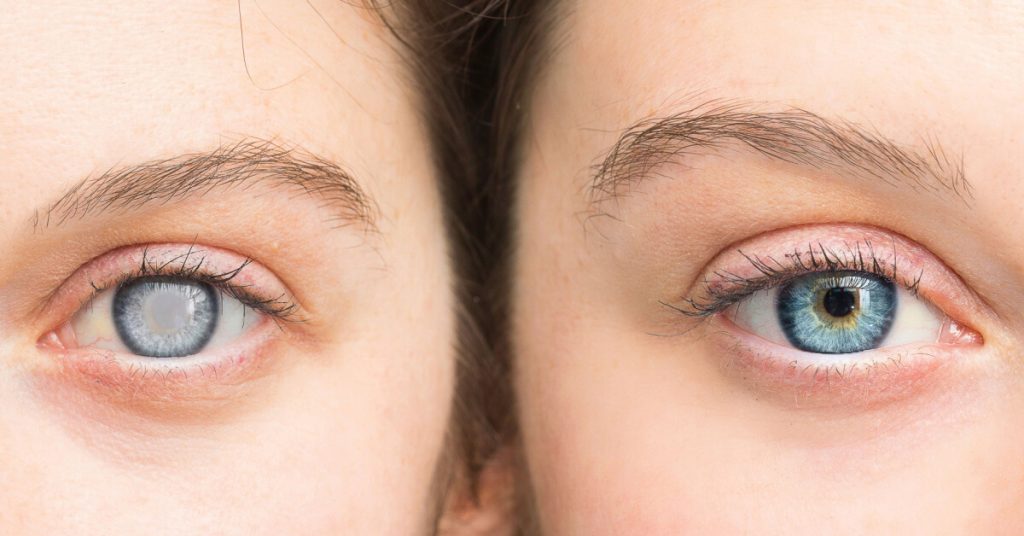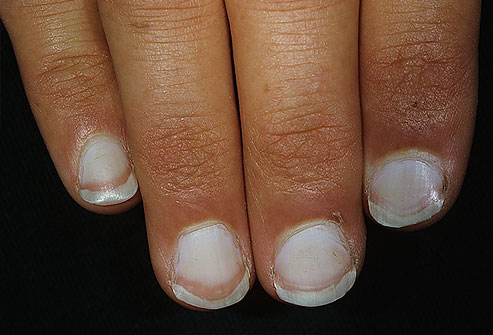Discover 10 signs your body warns of potential trouble ahead. Stay informed and proactive about your health.
These 10 signs your body warns of trouble are abundant, offering subtle hints when things go awry. From slight discomfort to evident symptoms, these signals guide us in understanding our health.
Here, we delve into 10 signs your body warns you when something’s off.
1. Itching sensations

The sensation of itching all over can stem from various factors:
During pregnancy, over one in ten women may experience itching due to skin stretching and hormonal changes. While usually benign, heightened itching, especially at night, warrants medical attention for potential underlying issues.
• Causes of widespread itching include skin conditions like dryness, eczema, psoriasis, scabies, burns, scars, insect bites, and hives.
• Internal ailments like liver or kidney disease, anemia, diabetes, thyroid disorders, and certain cancers can trigger itching.
• Nerve-related issues such as multiple sclerosis pinched nerves, and shingles may manifest as itching.
• Mental health conditions like anxiety, OCD, and depression can also contribute.
• Allergic reactions or irritations from substances like wool, chemicals, soaps, or specific medications may provoke itching sensations.
2. White tongue

White tongue occurs when a white coating develops on part or all of the surface of your tongue. It can be accompanied by symptoms like bad breath, a hairy tongue, and irritation.
Causes include:
1. Neglecting oral care, like not brushing, flossing, or cleaning your tongue often.
2. Bad habits.
3. Using dentures or injuring your tongue with sharp objects.
4. Taking antibiotics, which can cause yeast infections in the mouth.
5. Having a diet lacking in fruits and vegetables and high in soft foods.
6. Breathing through your mouth.
7. Experiencing dry mouth due to medical conditions or certain medications, such as muscle relaxers or cancer treatments.
8. Oral thrush, also known as oral candidiasis, is a condition where the fungus Candida albicans builds up on the lining of your mouth. While Candida is typically present in the mouth, it can sometimes overgrow and lead to symptoms.
3. Muscle contractions
Graphic Content Powered by Dadadel Creative
Muscle movements sometimes occur involuntarily, manifesting as twitches or contractions.
– Common areas affected include thighs, calves, hands, arms, belly, ribcage, and foot arches.
– Muscle spasms may occur due to mineral deficiencies like potassium and magnesium.
– Inadequate fluid intake can increase the likelihood of muscle twitching and spasms.
– Excessive caffeine consumption can trigger muscle twitches in various body parts.
– Water pills prescribed for high blood pressure or heart disease can decrease potassium levels, leading to spasms.
– Damage to nerve cells alters communication with muscles, manifesting as twitches or spasms, indicating a nerve-related condition.
4. Rounded stool
– Feeling worried: Anxiety or changes in routine can lead to withholding bowel movements, especially when parents are strict about toilet training.
– Taking certain medicines: Some medications, like antacids or painkillers, can worsen constipation.
– Tummy troubles: Conditions like irritable bowel syndrome (IBS) or certain foods can contribute to feeling blocked up.
– Getting hurt: Injuries to the back or abdominal muscles, such as during childbirth, can slow down digestion.
– Long-term sickness: Health issues like diabetes or thyroid problems can affect bowel function.
– Lifestyle factors: Lack of physical activity, pregnancy, travel, or dietary changes can increase the risk of constipation.
– Eating habits: Inadequate fiber intake or dehydration can result in hard stools and difficulty passing them.
5. White pupil

Leukocoria, or “white pupil,” occurs when the pupil of the eye appears white instead of black. It’s more prevalent in children but can also affect adults, necessitating prompt consultation with an eye doctor.
Causes include:
– Cataracts: Cloudy areas in the lens, common with age, treatable via surgery.
– Retinal detachment: Urgent treatment is needed as the retina detaches.
– Endophthalmitis: Eye infection requiring immediate medical attention to prevent blindness.
– Coats’ Disease: Abnormal blood vessels causing leaks and fluid buildup, potentially leading to retinal detachment.
– Retinoblastoma: Rare eye cancer mainly in children, featuring leukocoria among other symptoms like poor vision.
– Power difference: Variance in eye power, usually not serious and easily correctable.
6. Pale nails
![Nails and Health - Blog @ SpaSalon.us]()
Other potential causes include heart failure, heavy metal poisoning, chemotherapy, or nutrient deficiencies. Terry’s nails, mostly white with a thin pink strip at the tip, might indicate aging or underlying health issues. Health concerns linked to Terry’s nails include diabetes, kidney, liver, or heart disease.
7. White finger
Raynaud’s disease causes numbness and coldness in body parts like fingers and toes, especially in cold or stressful conditions. It occurs due to narrowed small arteries, reducing blood flow, known as vasospasm. Predominantly affecting women and those in colder regions.
8. Flashes of light
If you notice floaters or flashes in your vision, it’s important to take notice. Floaters may manifest as dark dots, squiggly lines, rings, or cobwebs, while flashes resemble sudden bursts of light.
These occurrences are common, particularly as individuals age. They are often the result of a harmless process known as posterior vitreous detachment (PVD), wherein the gel inside the eye changes. However, they can also indicate retinal detachment, a serious condition requiring treatment to prevent permanent vision loss. In some cases, floaters and flashes may occur without a clear cause.
9. Puffy face
Facial swelling, whether due to injury, infection, or allergies, can signal serious health issues. If your face is frequently puffy or swells without cause, it’s crucial to seek medical attention.
This swelling may extend beyond the face to the neck or throat, indicating underlying health concerns. Consulting a doctor is advisable in such cases to address potential problems.
10. Anxious vivid dreams
Intense dreams puzzle scientists, though stress, major life events, and trauma seem to play a role. Sleep disturbances, medication, bad habits, and health issues like depression or pregnancy can also contribute to vivid dreaming.
Prioritizing both physical and mental well-being is crucial for a fulfilling life. When we’re in good health, we have the vitality to pursue our aspirations, nurture connections, and embrace life fully. Incorporating exercise, nutritious eating, ample rest, and self-care routines establishes the cornerstone of holistic wellness.


-1748866283-q80.webp)

